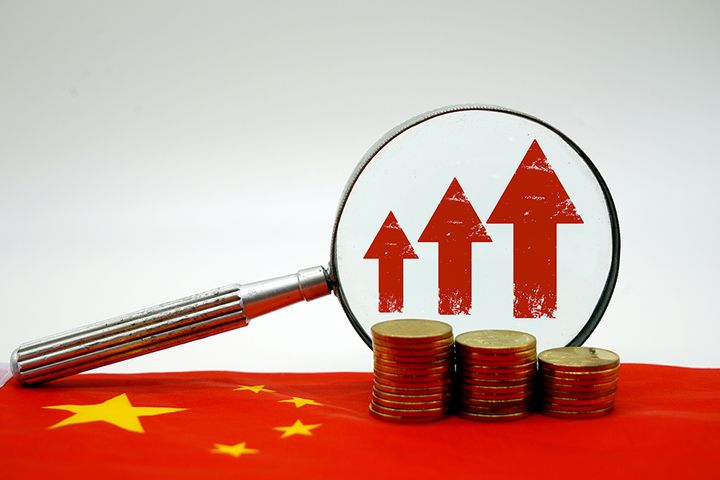 China-World Integration Has Moved in Opposite Directions, McKinsey Study Finds
China-World Integration Has Moved in Opposite Directions, McKinsey Study Finds(Yicai Global) July 8 -- The world's relative exposure to China has increased in terms of trade, technology, and capital, while China's to the world has gone the other way, according to a new study by the McKinsey Global Institute.
The world's aggregate index rose to 1.2 in 2017 from 0.4 in 2000, while China's declined to 0.6 in 2017 after peaking at 0.9 in 2007, according to the China-World Exposure Index. "This reflects the rebalancing of the Chinese economy toward domestic consumption," its authors wrote.
The relationship between China and the world has undergone structural changes in the medium and long term, MGI Director Jonathan Woetzel noted.
China remains a trading power with strong global influence and is contributing about 35 percent of the world's total manufacturing output. However, there is still much room for overseas growth. Overseas revenue accounted for less than 20 percent of the income of Chinese firms listed on the Fortune Global 500, while on the S&P 500 Index such revenue accounted for 44 percent.
The further integration of China and the world's economies could create economic value of between USD22 trillion and USD37 trillion by 2040, equal to between 15 percent to 26 percent of the globe's gross domestic product, according to the report.
The penetration rate of multinational corporations into China's consumer markets far exceeds that of US firms. Multinational firms take up an average market share of 40 percent in 30 commodity categories in China, while US firms take up 26 percent.